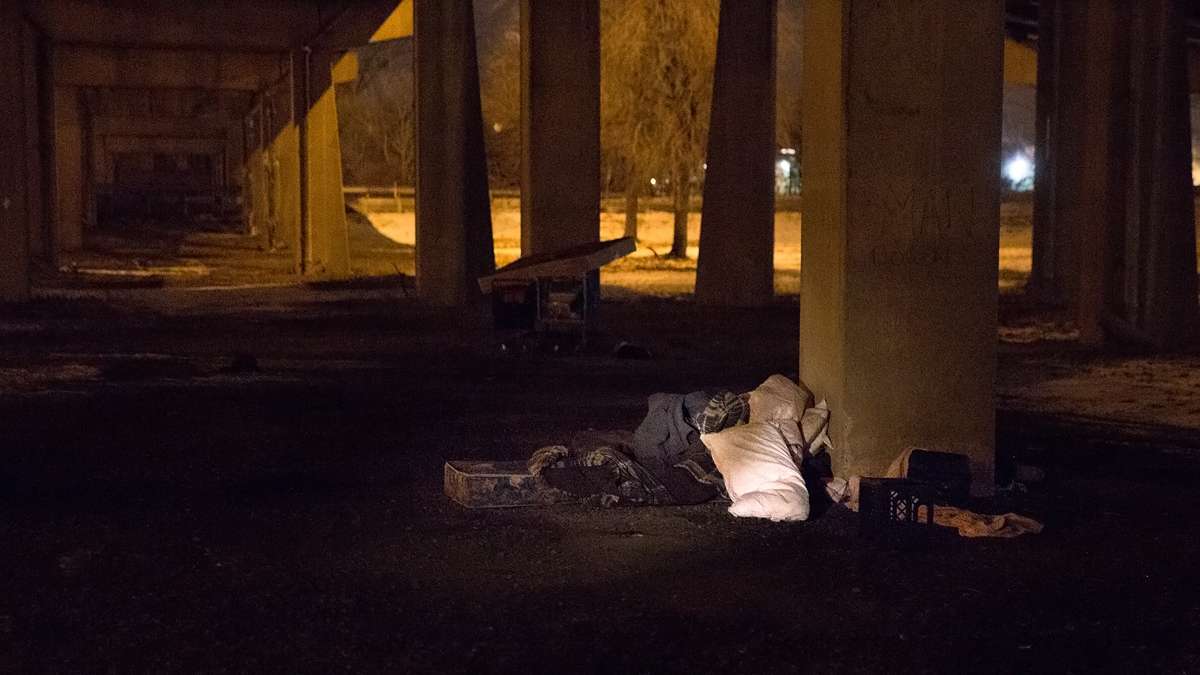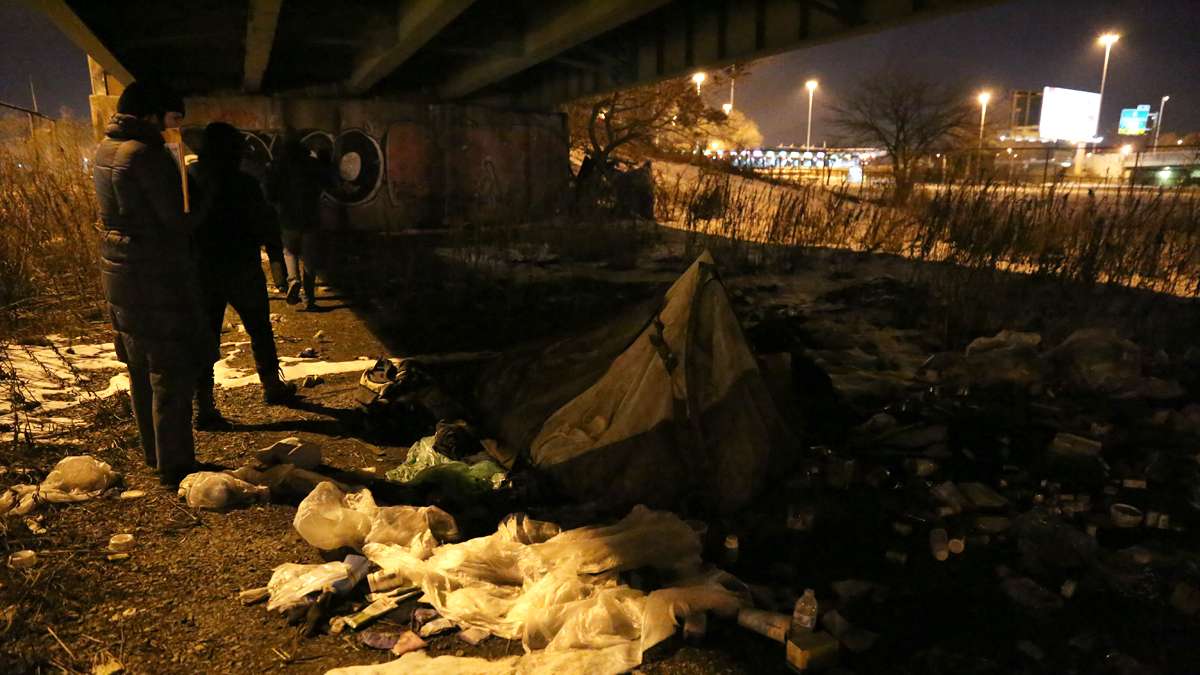U.S. Senate passes bill to delay flood insurance rate hikes
The U.S. Senate voted Thursday to delay planned increases in flood insurance rates that many homeowners believe would price them out of their homes.
The Homeowner Flood Insurance Affordability Act passed the Senate 67 to 32. Heavily supported by homeowners in Sandy-stricken areas of the New Jersey Shore, the measure faces substantial challenges to clear the House of Representatives and the White House.
The stalled rate increases were part of reforms passed in 2012 when Congress worried about the financial stability of the National Flood Insurance Program, a program run through the Federal Emergency Management Agency that insures 5.5 million homeowners against flooding. Roughly 20 percent of policyholders pay below-market rates that do not reflect the true risk of flooding.
The Senate bill puts a moratorium on rate increase for four years; mandates FEMA to complete an affordability study (which was also required in the 2012 legislation, but has yet to be completed); and creates an ombudsman within FEMA to help policyholders with disputes regarding their flood risk.
The vote was months in the making and overcame a late-in-the-game challenge from Sen. Pat Toomey, R-Pa., who sought to amend the bill in order to preserve planned rate increases, but phase them in gradually, limiting premium increases to 25 percent per year. The amendment was defeated, 34 to 65.
“When we actually go through a long and painful and deliberative systematic process to reform a program, for us to then walk away within two years and say never mind, we’re not going to have any reform, is just so disappointing,” said Toomey.
The legislation now faces an uncertain future. The White House released a policy memo earlier this week opposing the delays. In the House of Representatives, Speaker John Boehner has also expressed reluctance to repeal the rate hikes.
“What they [politicians] need to understand is that flood zones don’t discriminate — Democrat, Republican, tea party member,” said George Kasimos, founder of the grass-roots group Stop FEMA Now, which has been campaigning for this legislation. “We have a lot of folks who live in those areas and they’re not going to vote their party, they’re going to vote to save their homes.”
But opponents of the legislation say that the NFIP, which is already $24 billion in debt, can’t afford to delay these rate increases.
The Congressional Budget Office estimates that the delays would reduce the program’s revenue by $2.1 billion over the next 10 years.
“There’s got to be a smarter way than suppressing these rates in an artificial way,” said Jimi Grande, with the National Association of Mutual Insurance Companies, speaking during a recent conference call ahead of the vote.
Instead, Grande suggested targeted discounts for those policyholders who cannot afford their new rates.
“I think what we’re seeing with this legislation is an overreaction that would essentially, through a fairly clever disguise, eliminate and erase nearly all the reform that was put into place,” said Grande. “What they ought to be doing is targeting reform, looking at those people who are experiencing large increases [who] in a means-tested way, should be helped.”
“I totally agree with the means testing,” said Kasimos, when asked about the idea. “But you don’t need to have a Pricewaterhouse Coopers study done — a $30,000 flood insurance premium is unaffordable. Your property will be worthless.”
WHYY is your source for fact-based, in-depth journalism and information. As a nonprofit organization, we rely on financial support from readers like you. Please give today.












